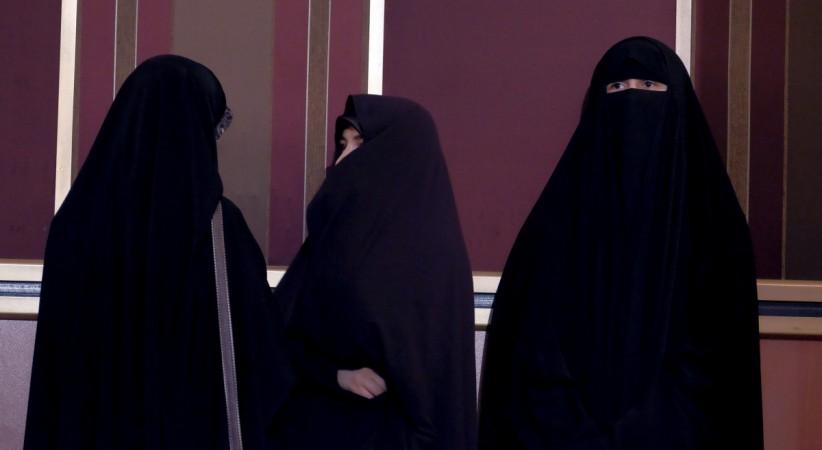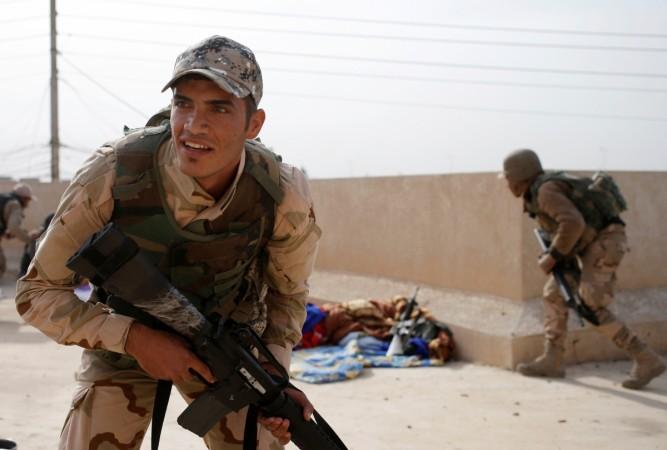
The Iraqi Army has reportedly placed a temporary ban on the use of niqab (full face veil) and burqa in the city of Mosul. The move comes after the Islamic State (ISIS) militants used the garments to launch attacks from their sleeper cells in Iraq's second largest city.
A military source in the Iraqi Armed Forces told Al-Masdar News that these full-bodied garments have been extensively used by both female and male ISIS militants over the past few weeks to conduct suicide bombing and hit-and-run attacks on army checkpoints.
Meanwhile, the Rapid Response Division, Counter Terrorism Units, Iraqi Federal Police and elements of the 9th Division have succeded in capturing more than half of the Al-Zinjili district. Al-Zinjili district is one of just three neighbourhoods in western Mosul which maintain an ISIS presence.
Iraqi Army, backed by the United States forces, had launched an offensive against ISIS in Mosul last year. Mosul is one of the last strongholds of ISIS in Iraq.

Many European countries have also banned the use of burqa is public because of increasing Islamist terrorists attacks, particularly by ISIS.
The Austrian government had recently passed a legislation, which bans the use of full-face veils, burqas and other garments which cover the entire face of women. The provision was backed by both ruling parties in the country.
Women in Austria who wear garments that fully cover their faces will have to pay fine up to 50 Euro ($A225) from October. The rules were included in the legislative package introduced for refugees and asylum seekers in the country to make them suitable for residing in Austria. France and Belgium have a similar law in place for the use of burqas.
The Netherlands, in 2015, had also introduced a partial ban on full face veils. In 2016, German Chancellor Angela Merkel had also endorsed her party's call to ban the full face veil "wherever it is legally possible."

















